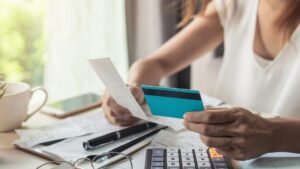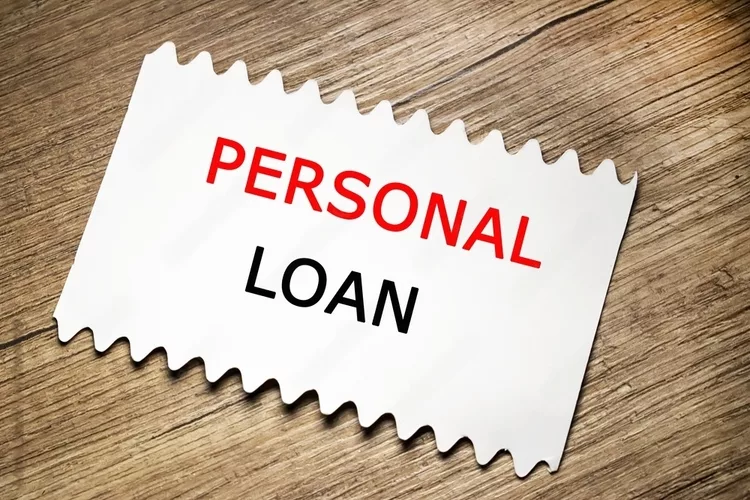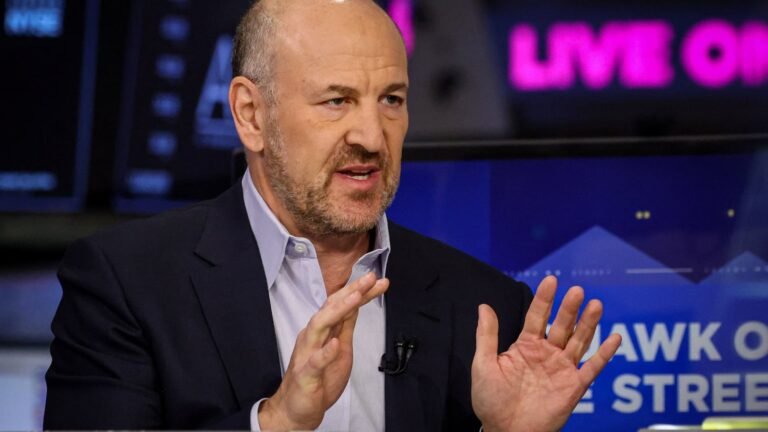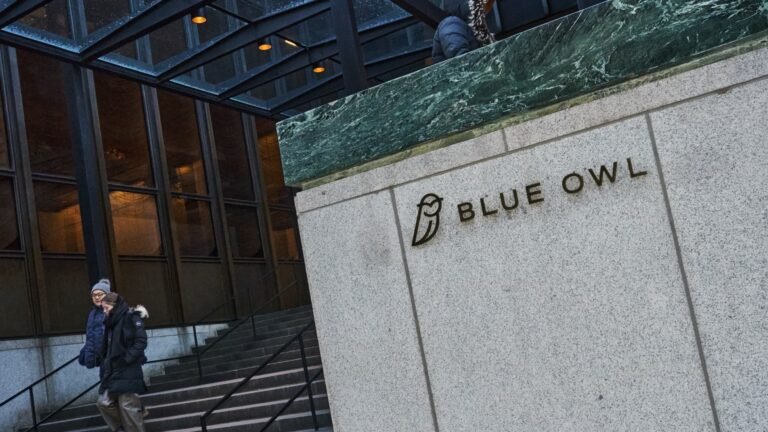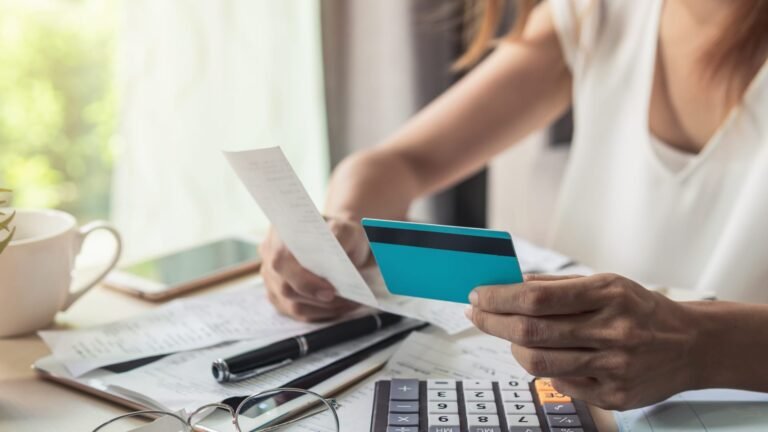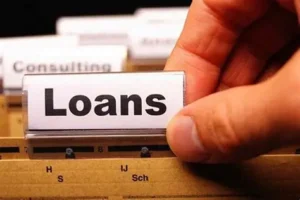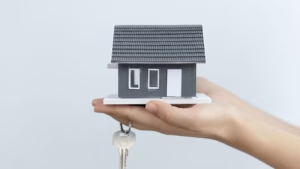When individuals struggle with overwhelming debt, bankruptcy is often seen as a way out. Bankruptcy laws exist to help people eliminate or restructure their debts, offering them a fresh financial start. Among the various debts that bankruptcy can address, personal loans are a common concern. But can personal loans be relieved or discharged in a bankruptcy? The answer depends on several factors, including the type of bankruptcy you file and the specific circumstances of your loans. Let’s dive deeper into the full details of how bankruptcy affects personal loans.
What Are Personal Loans?
A personal loan is typically an unsecured loan, meaning it is not tied to any collateral, like a house or car. Personal loans can be used for a variety of purposes, such as medical bills, home renovations, or consolidating debt. Because they are unsecured, lenders take on more risk when offering these loans. If you fail to repay the loan, the lender cannot seize any property to recoup the debt.
Types of Bankruptcy and Personal Loans
There are two main types of bankruptcy filings for individuals: Chapter 7 and Chapter 13. Both of these can have different impacts on personal loans. Let’s explore how each works.
Chapter 7 Bankruptcy: Discharging Personal Loans
Chapter 7 bankruptcy is often referred to as “liquidation bankruptcy.” In this type of bankruptcy, the debtor’s non-exempt assets are sold off to pay creditors, and most unsecured debts are discharged (eliminated).
Can Personal Loans Be Discharged in Chapter 7 Bankruptcy?
Yes, personal loans can typically be discharged in Chapter 7 bankruptcy. Since personal loans are unsecured debts, they are often eligible for discharge in a Chapter 7 case. This means that, once the bankruptcy process is completed, you will no longer be required to repay the personal loan, and the lender will not be able to take legal action to collect the debt.
However, there are some exceptions to this rule. A personal loan may not be discharged if:
- Fraudulent Borrowing: If the loan was obtained through fraudulent means—such as lying about your income or purpose for the loan—the loan may not be discharged.
- Luxury Purchases: If the loan was used to purchase luxury items or services (like vacations or expensive jewelry) within 90 days before filing for bankruptcy, it may be considered “presumptively fraudulent” by the court.
- Debts Incurred After Filing: Any debts that arise after the bankruptcy filing, including new personal loans, are not discharged by the Chapter 7 process.
- Non-Dischargeable Debts: Some debts, such as child support, alimony, certain tax obligations, and student loans (in most cases), are not eligible for discharge under Chapter 7 bankruptcy, even if they are unsecured.
The Chapter 7 Process
During the Chapter 7 bankruptcy process, a bankruptcy trustee will review your assets. If you have non-exempt assets, the trustee may liquidate them to repay creditors. However, the majority of personal property (such as household goods, retirement accounts, and certain personal items) may be exempt based on your state’s exemption laws. After the liquidation process, the remaining unsecured debts, including personal loans, are typically discharged.
Once the bankruptcy is complete, you are no longer legally obligated to pay back your personal loan, and the lender cannot continue collections efforts. However, the bankruptcy itself will negatively impact your credit score, which could make it more difficult to obtain future loans or credit.
Chapter 13 Bankruptcy: Reorganizing and Repaying Personal Loans
Chapter 13 bankruptcy, also known as “reorganization bankruptcy,” is different from Chapter 7. In Chapter 13, you do not discharge all your debts. Instead, you enter into a repayment plan that typically lasts 3 to 5 years. During this period, you make monthly payments to a bankruptcy trustee, who then distributes the funds to creditors.
Can Personal Loans Be Discharged in Chapter 13 Bankruptcy?
Unlike Chapter 7, personal loans in Chapter 13 are not automatically discharged. Instead, they are included in your repayment plan. The key difference in Chapter 13 is that the debtor must agree to pay off at least a portion of the debt over time, rather than having it completely wiped out.
How the Repayment Plan Works
Under Chapter 13, the amount you pay each month depends on your income, expenses, and the amount of debt you owe. The repayment plan lasts between three and five years, and it includes personal loans as well as other unsecured debts (like credit cards, medical bills, etc.). However, your personal loan may not be paid in full—only a portion of it may be repaid depending on what you can afford to pay during the plan.
Once you complete the repayment plan, any remaining unsecured debts that were not paid off (including personal loans) may be discharged. This means that the remaining balance of your personal loan will be forgiven, and you will no longer be responsible for repaying it.
Alternatives to Bankruptcy for Relieving Personal Loan Debt
While bankruptcy can discharge personal loans, it’s not the only solution. Here are some alternatives you might want to consider before deciding to file for bankruptcy:
- Debt Consolidation: Debt consolidation involves combining multiple debts into a single loan, often with a lower interest rate. This can make repaying personal loans more manageable and avoid bankruptcy altogether.
- Debt Settlement: In a debt settlement, you negotiate with creditors to reduce the amount of debt you owe, often paying less than the full balance. However, this could negatively impact your credit score.
- Debt Management Plan: A debt management plan (DMP) involves working with a credit counseling agency to create a payment plan that consolidates your debt into one monthly payment, often with reduced interest rates.
- Negotiating Directly with Lenders: In some cases, personal loan lenders may be willing to work with you to reduce your payments or offer a temporary forbearance period. Open communication with your lender can sometimes provide a solution that avoids bankruptcy.
The Consequences of Bankruptcy on Personal Loans
While bankruptcy offers relief from personal loans, it is essential to consider its long-term consequences:
- Impact on Credit: A bankruptcy filing will remain on your credit report for up to 10 years (Chapter 7) or 7 years (Chapter 13). This will significantly lower your credit score and make it difficult to get approved for new credit, loans, or even rent.
- Emotional and Financial Toll: The bankruptcy process can be stressful and emotionally draining. It’s important to weigh the pros and cons and understand the full impact on your financial future.
- Future Borrowing Difficulty: After bankruptcy, lenders may view you as a high-risk borrower, making it harder to qualify for loans, mortgages, or even car financing. If you are approved, you may face higher interest rates.
- Potential Loss of Assets: In Chapter 7, if you own non-exempt assets, those assets may be sold to pay off creditors. This can result in the loss of valuable property such as cars, homes, or savings.
Conclusion
Personal loans can generally be relieved or discharged in bankruptcy, particularly under Chapter 7, but the specifics depend on the type of bankruptcy and the nature of the loan. While Chapter 7 offers a quick discharge of unsecured debts, including personal loans, Chapter 13 requires a repayment plan where personal loans are included, but the balance may be discharged at the end of the plan.
Before opting for bankruptcy, it’s important to explore all available options, including debt consolidation or negotiating directly with creditors. Bankruptcy should be seen as a last resort, given its long-term consequences on your credit and financial well-being.
Consulting a bankruptcy attorney can provide you with the guidance you need to determine the best approach for your situation and ensure that you fully understand the impact on your personal loans and other debts.
Frequently Asked Questions (FAQ) – Can Personal Loans Be Relieved in Bankruptcies?
- Can personal loans be discharged in bankruptcy?
Yes, personal loans can be discharged in bankruptcy, especially under Chapter 7 bankruptcy, as they are considered unsecured debts. However, there are exceptions if the loan was obtained fraudulently or for luxury items. - What is the difference between Chapter 7 and Chapter 13 bankruptcy regarding personal loans?
- Chapter 7: Personal loans can typically be discharged, meaning you no longer have to pay them back.
- Chapter 13: Personal loans are included in the repayment plan, and you may have to pay part or all of the loan over 3-5 years. Any remaining unpaid balance may be discharged at the end of the plan.
- Are there any exceptions to discharging personal loans in Chapter 7 bankruptcy?
Yes, personal loans may not be discharged if they were obtained through fraud, used for luxury purchases, or if the court deems them ineligible for discharge due to certain specific factors. - Will filing for bankruptcy affect my credit?
Yes, bankruptcy will significantly impact your credit score. A Chapter 7 bankruptcy will remain on your credit report for up to 10 years, while Chapter 13 remains for 7 years. This can make it harder to qualify for future loans or credit. - Can I negotiate with my lender instead of filing for bankruptcy?
Yes, debt settlement, debt consolidation, or negotiating directly with lenders can be alternatives to bankruptcy. These options may help you manage or reduce your debt without the long-term consequences of bankruptcy. - Can I lose assets in Chapter 7 bankruptcy when discharging personal loans?
If you have non-exempt assets, they may be liquidated to pay off creditors in Chapter 7 bankruptcy. However, many personal assets, like household goods, are often exempt, depending on state laws. - How long does a Chapter 13 repayment plan last?
A Chapter 13 repayment plan typically lasts 3 to 5 years. During this time, you’ll make monthly payments to a bankruptcy trustee, who will distribute the funds to your creditors, including personal loans. - What happens to my personal loan after a Chapter 13 repayment plan is complete?
Once you complete your repayment plan under Chapter 13, any remaining unsecured debts, including personal loans, may be discharged, meaning you will no longer be responsible for repaying the balance. - Can I get a personal loan after filing for bankruptcy?
Obtaining a personal loan after bankruptcy can be difficult due to the impact on your credit score. However, it may be possible to get approved for a loan, but you might face higher interest rates. - What is the best option for relieving personal loans without filing for bankruptcy?
Debt consolidation, debt management plans, or negotiating with creditors directly may offer ways to manage or reduce your personal loans without the need for bankruptcy. Consulting with a financial advisor can help you determine the best solution.
Read More:
- How to get a loans in Ohio united state Step By Step
- What Is the Best Debt Consolidation Loan? Types, Benefits, and How to Use It
- Online Installment Loans With No Credit Check in Mississippi: The Complete Guide
- Can You Get a Business Loan with Bad Personal Credit in New Jersey?
- Are Bank Loans Cheaper Than Car Finance in Virginia? 2025



